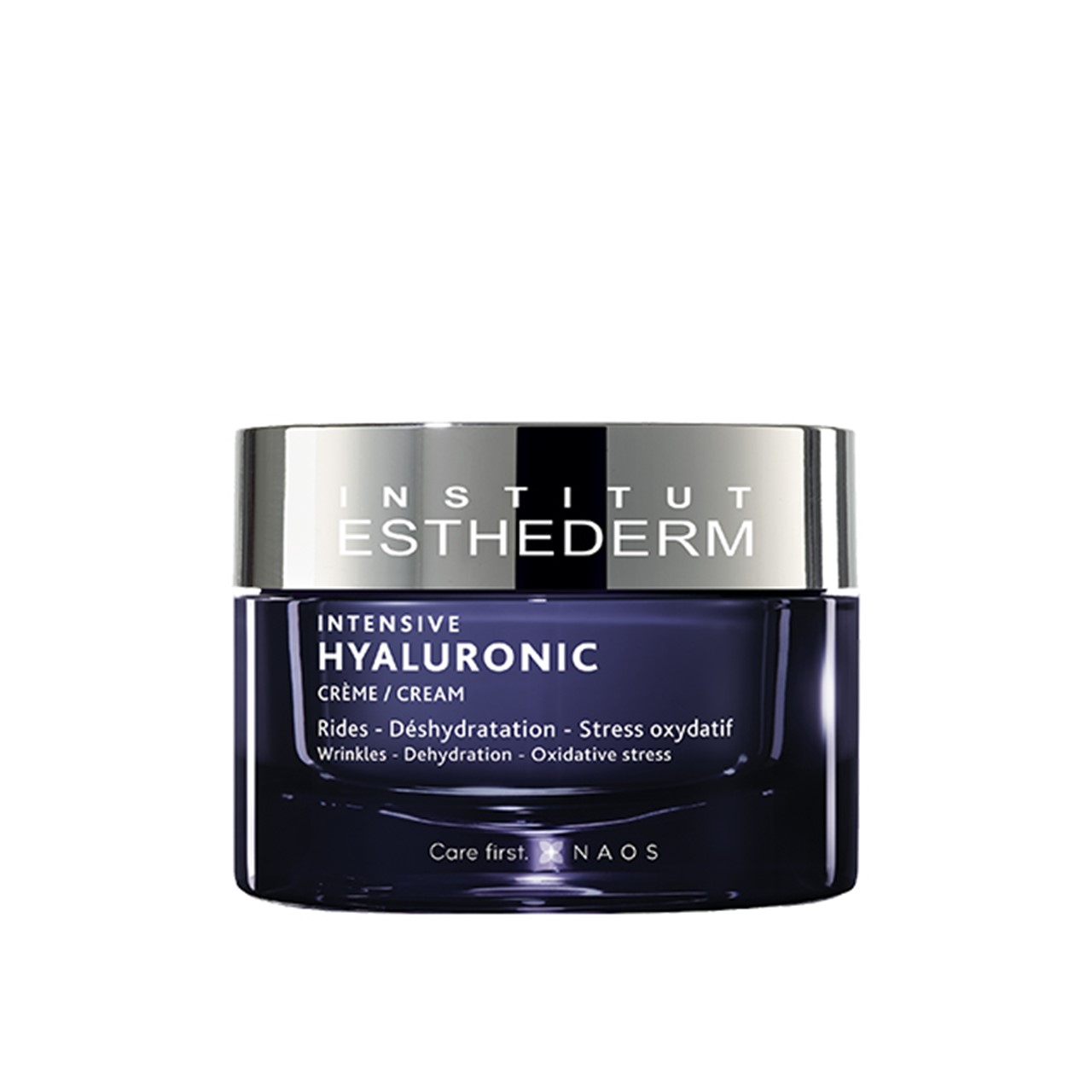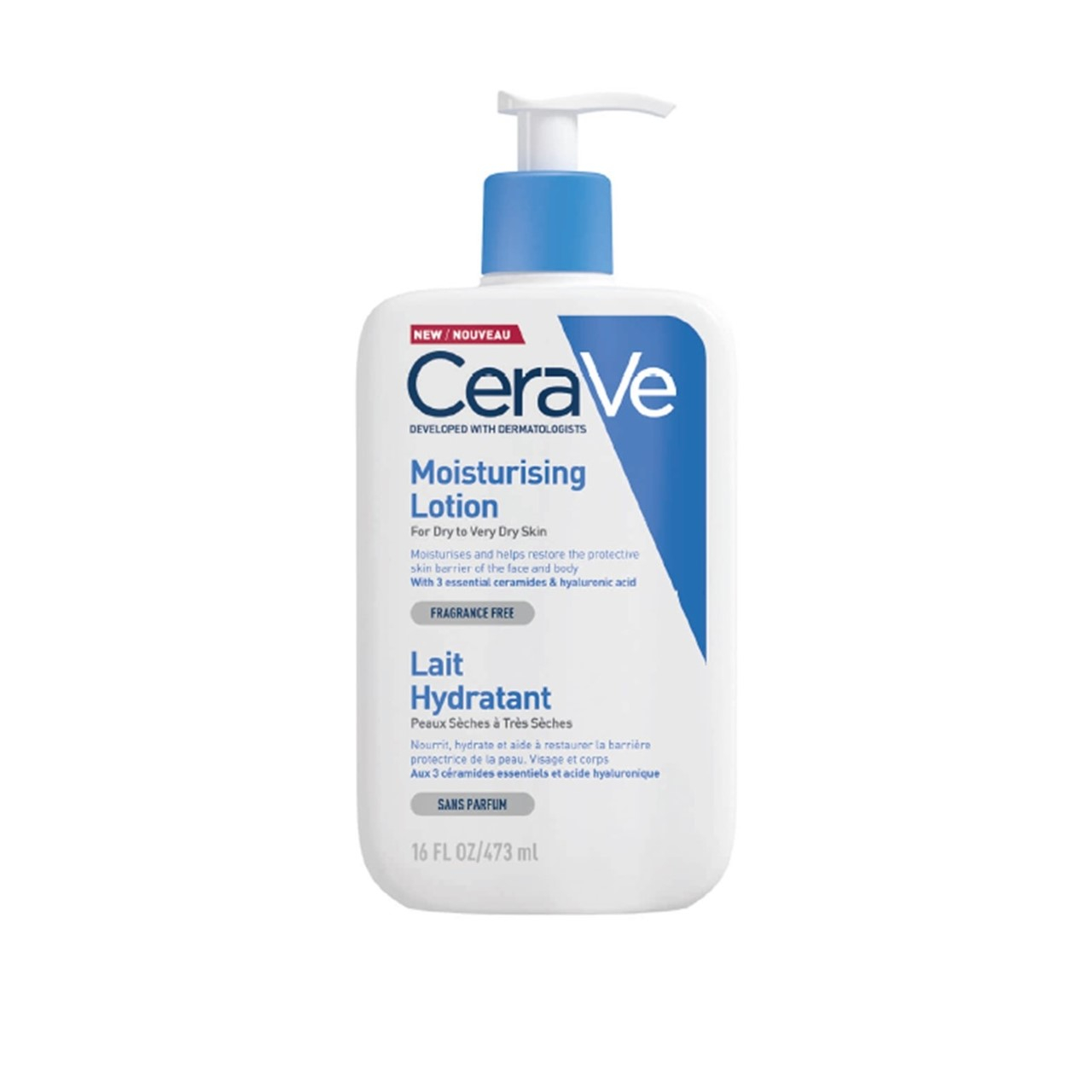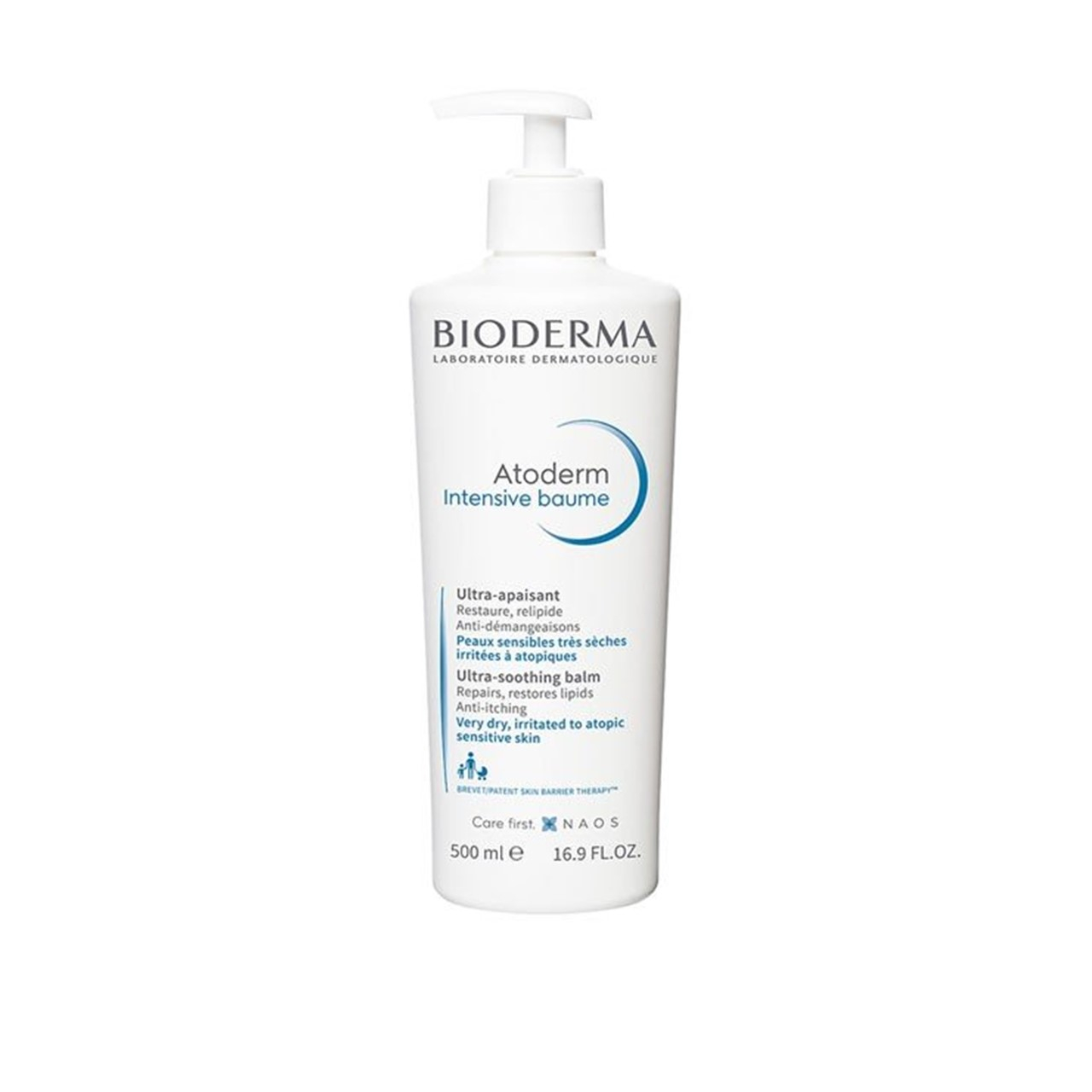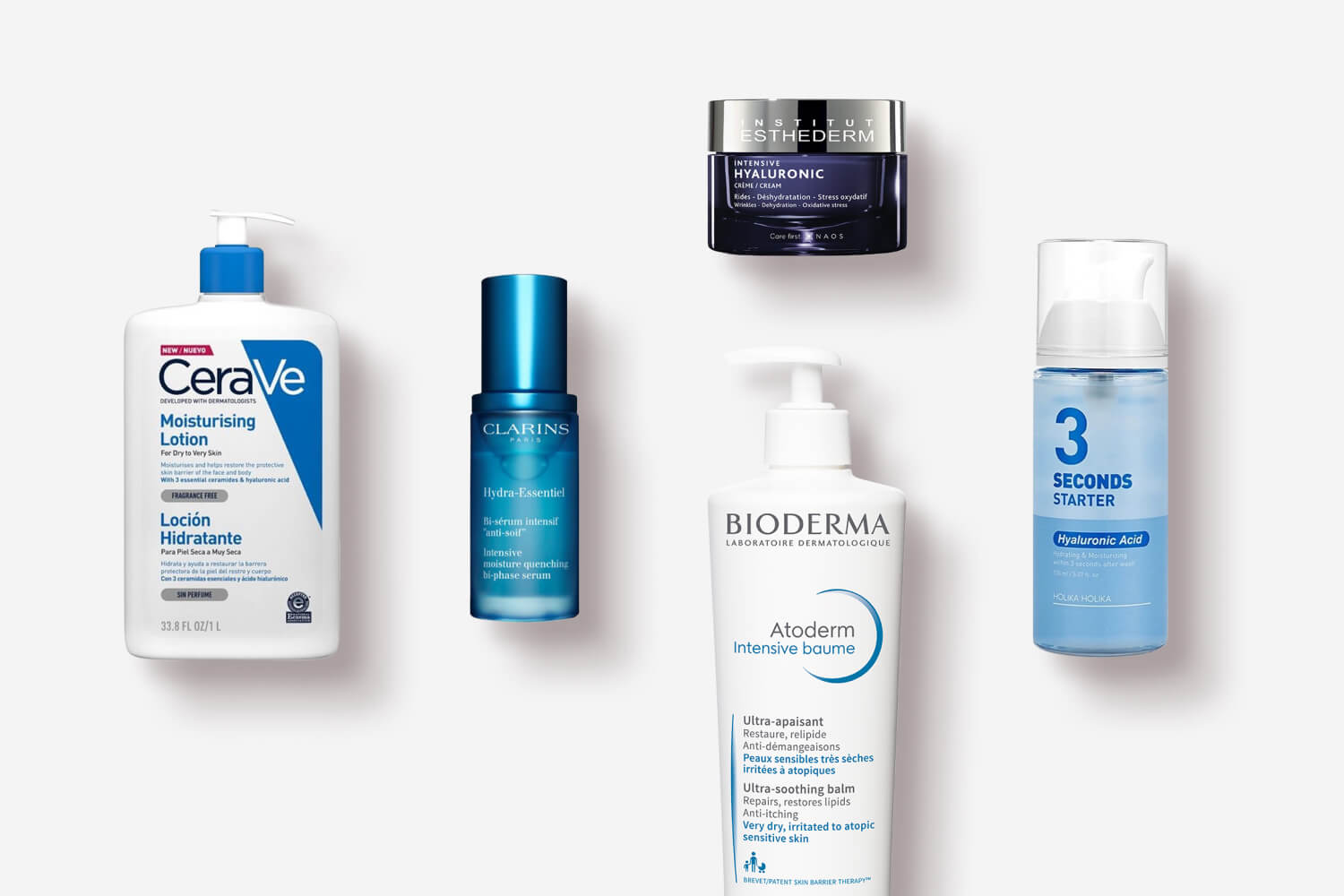
Every once in a while, a new ingredient pops up to revolutionize the world of skincare–maybe a new peptide, or an exclusive depigmenting ingredient like Thiamidol. The ingredient we want to discuss today isn’t one of those. Far from it! Today we’re going to talk about glycerin, an ingredient with a decades-long history in the world of skincare. Glycerin may be old news, but it’s enjoyed a bit of a renaissance in recent years. The world seems to be rediscovering good old glycerin, and we’re all in favor! After all, if there’s one ingredient that will almost always benefit your skin, no matter your skin type or condition, it’s this one. Join us today as we look at the many benefits of glycerin and, at the same time, help you better understand how to integrate it into your skincare routine.
Here’s a little spoiler: it’s very likely that you’re already using glycerin in your routine. You just don’t know it!
On this post:
- What is glycerin?
- How glycerin benefits the skin
- Potential side effects of glycerin
- Who should use glycerin?
- How to use glycerin in your skincare routine
- What kind of products contain glycerin?
What is glycerin?
Glycerin (also known as “glycerol”) is a chemical compound that is naturally present in the skin, where it “plays a role in skin hydration, cutaneous elasticity and epidermal barrier repair.”
But we’re not here to talk about the glycerin that already exists naturally in your skin; we’re here to talk about the glycerin found in your skincare products. According to an article published in the British Journal of Dermatology, the cosmetic industry has been using glycerin, known for its moisturizing and softening effects, in various dermatological and cosmetic preparations for over 75 years. These days, it’s hard to find products that don’t contain glycerin–from moisturizing serums to foot creams, glycerin is everywhere.
When used in skincare products, glycerin typically performs one function: it’s a humectant. “Humectants are substances that attract water from the dermis and viable epidermis into the dehydrated stratum corneum,” writes dermatologist Dr. Zoe Draelos. In many skincare products, adds Dr. Zoe Draelos, humectants form the base to which other active ingredients with more specific functions are added.
How glycerin benefits the skin
We’ve mentioned that glycerin is a humectant, an ingredient that attracts moisture to the upper layer of the skin–either from deeper layers, or from the air around us. But how does that actually benefit the skin, in a way that’s visible to us? In practical terms, glycerin benefits the skin in a number of ways:
It moisturizes the skin
Glycerin is a powerful humectant–one of the most powerful, in fact! Not only is it able to attract moisture to the surface levels of the skin (those you actually see), but it also creates an enduring effect that keeps the skin hydrated for longer. According to Dr. Zoe Draelos, glycerin “is able to form a reservoir effect on the skin. In other words, the effect of glycerin appears to persist long after the glycerin is no longer present.”
In other words: glycerin is a two-in-one ingredient that can help improve the appearance of dehydrated skin right now, and also over the long term.
After applying skincare products with glycerin, for instance, you may find that your skin looks (and feels!) softer, smoother, and slightly more plump and pillowy. Glycerin can also help reduce fine lines and wrinkles, specifically those that appear when the skin is dehydrated. And these are the most immediate effects! In the long term, glycerin also contributes to a healthy skin barrier. Indeed, studies suggest that glycerin can be used to repair skin affected by disorders that impair the barrier function, such as atopic dermatitis.
It helps protect against irritation
Last, but not least, glycerin helps protects the skin against irritation. Some studies place glycerin among a class of ingredients known as “anti-irritants”: “agents which, used in combination with irritant substances, reduce their irritant properties so that they can be sufficiently tolerated when applied in contact to the skin.”
Studies have found, for example, that combining glycerin with SLS, a popular surfactant, reduces the ability of SLS so penetrate the skin and impair the epidermal barrier. Glycerin has even been found to improve the resilience of already damaged skin against irritants. No wonder you see it so often in your skincare products!
Potential side effects of glycerin
When integrated into skincare products, glycerin is not particularly likely to cause side effects. We say this specifically so you don’t go and apply 100% pure glycerin all over your skin–you can have too much of a good thing! If you did that, it’s possible that the humectant effect of glycerin would end up “stealing” too much moisture from the lower layers of your skin in order to hydrate the surface layers. You’d end up a little dehydrated, which is the exact opposite of what you want.
If you apply a skincare product that contains glycerin, though, you’re very unlikely to come across this problem–like we said, glycerin is pretty well-tolerated. If you have very sensitive or reactive skin, you can keep an eye out for any signs of allergy or irritation, just in case.
Glycerin and sun exposure
Skincare products with glycerin can be used during the day, even when you are exposed to the sun. In fact, most sunscreens contain glycerin!
Glycerin is pretty sun-indifferent, if you will–it will neither protect your skin nor increase its sensitivity to the sun. Keep in mind, though, that there are plenty of products out there that contain glycerin and active ingredients that shouldn’t be used in the sun, such as retinol. If you have one of those products, you know what to do: only use it at night, and make sure you always use sunscreen the next morning.
Glycerin and pregnancy
Glycerin is such a common ingredient in skincare products that it would be hugely inconvenient if you had to deliberately avoid it during pregnancy. Fortunately, you don’t have to: glycerin is safe for use during pregnancy, so you won’t have to make any changes to your routine in order to avoid this ubiquitous ingredient. When in doubt about specific products, have a word with your doctor: they’ll be able to help you figure out whether a specific product is right for you.
Who should use glycerin?
Glycerin is present in so many skincare products that it’s rather difficult to single out a group of people who should be using it–we’re all already using it, almost every time we pick up a product!
Thinking about the properties of glycerin, though, it’s obvious that those who have the most to benefit from using glycerin in their skincare are people who have dry, dehydrated skin. This applies both to young people who think they have wrinkles (which are, in fact, merely dehydration lines) and to older people whose skin may be growing drier with age. Glycerin, when integrated into the right skincare products, can be a valuable ally against these issues.
Glycerin may also benefit those who suffer from skin barrier disorders, such as atopic dermatitis.
How to use glycerin in your skincare routine
Because glycerin is such a common ingredient, you can incorporate skincare products containing glycerin into your routine in a variety of ways. The best part? You won’t even have to make major adjustments to the other ingredients you use in your routine, because glycerin plays well with most other skincare ingredients.
If you have a skincare routine focused on hydrating dry skin, for example, you will likely find glycerin in all the products in your routine, from cleanser to sunscreen. If you have a routine more focused on correcting signs of aging–maybe a routine that uses retinol or AHAs, for example–, it may be a good idea to incorporate a serum or moisturizer with glycerin and other humectants into your routine.
All in all, glycerin is pretty easy to incorporate into any skincare routine. As we said, it’s very likely you’re already using glycerin without knowing it.
What kind of products contain glycerin?
Glycerin can be found in a huge variety of skincare products, including serums, moisturizers, body lotions, and so much more. Glycerin has great moisturizing properties, as we’ve seen, so its ubiquity in the skincare world is justified.
What may confuse you, if you’re looking for a skincare product with glycerin, is that this ingredient will rarely be promoted as the “key” ingredient in any given formula. More often than not, glycerin plays a supporting role to other hydrating skincare ingredients, such as hyaluronic acid, panthenol, or niacinamide.
Below, we’ll show you some products that feature glycerin–along with, of course, a series of other star ingredients:
Serums with glycerin
If you want the benefits of glycerin in your routine, a moisturizing serum is one of the best products you can use. It’s pretty common to find glycerin in serums that contain other humectants, such as hyaluronic acid:
We like the Holika Holika 3 Seconds Starter Hyaluronic Acid Serum, a lightweight, fast-acting serum that provides immediate hydration, smoothness, and elasticity to the skin. The formula features two star humectants: hyaluronic acid, of course, but also glycerin!
For a more botanical vibe, we love the Clarins Hydra-Essentiel [HA2 + Polyphenols] Bi-Phase Serum, a refreshing and lightweight serum that uses natural ingredients like leaf of life (Kalanchoe pinnata) and hyaluronic acid to boost natural hydration and improve radiance. Glycerin is, unsurprisingly, quite high up on the ingredients list!
Moisturizers with glycerin
If you like to concentrate the hydrating power of your routine on moisturizers and not on serums, you will have no difficulty finding moisturizers with glycerin. We have selected some options that you might like:
We love the SVR [Hyalu] Biotic Regenerating Plumping Gel, a water-gel moisturizer packed with low and medium molecular weight hyaluronic acid, vitamin C, and pasteurized probiotics. Perfect for dry skin that’s starting to show some signs of aging, this cream provides a hydrating and plumpling action, all the while protecting the skin against environmental irritants.
If you prefer a silkier texture, try the Esthederm Intensive Hyaluronic Cream, a favorite of our Care to Beauty community. Featuring three forms of hyaluronic acid, this moisturizer promotes hydration and helps reduce the appearance of fine lines and wrinkles. As it helps promote skin elasticity and suppleness, it’s perfect for use on the face, neck, and cleavage.
Body lotions with glycerin
We’ve mentioned that glycerin can be beneficial for those who suffer from skin barrier disruptions such as atopic dermatitis. Indeed, it’s not uncommon to find glycerin in products suitable–or even targeted–for this problem:
The CeraVe Moisturizing Lotion is a global icon, and it won’t surprise you to know it contains glycerin! Formulated with 3 essential ceramides, as expected of CeraVe, this body lotion is also rich in hyaluronic acid. All together, these ingredients provide hydration and promote skin barrier repair, making this body lotion ideal even for those suffering from skin conditions such as atopic dermatitis or psoriasis.
And to really drive home the point that glycerin works great on atopic dermatitis, we’re bringing in the Bioderma Atoderm Intensive Baume, a nourishing balm indicated for dry to very dry skin, including sensitive and atopic. Featuring a blend of soothing and hydrating ingredients, this lotion helps calm irritation and restore the skin barrier over time.
Now that you know all about the benefits of glycerin, keep an eye out for it! We’re sure you won’t have a hard time finding it in your favorite skincare products. Looking for something new? Then head on over to the shop, where we have plenty of products for dehydrated skin.
Beauty Writer & Editor


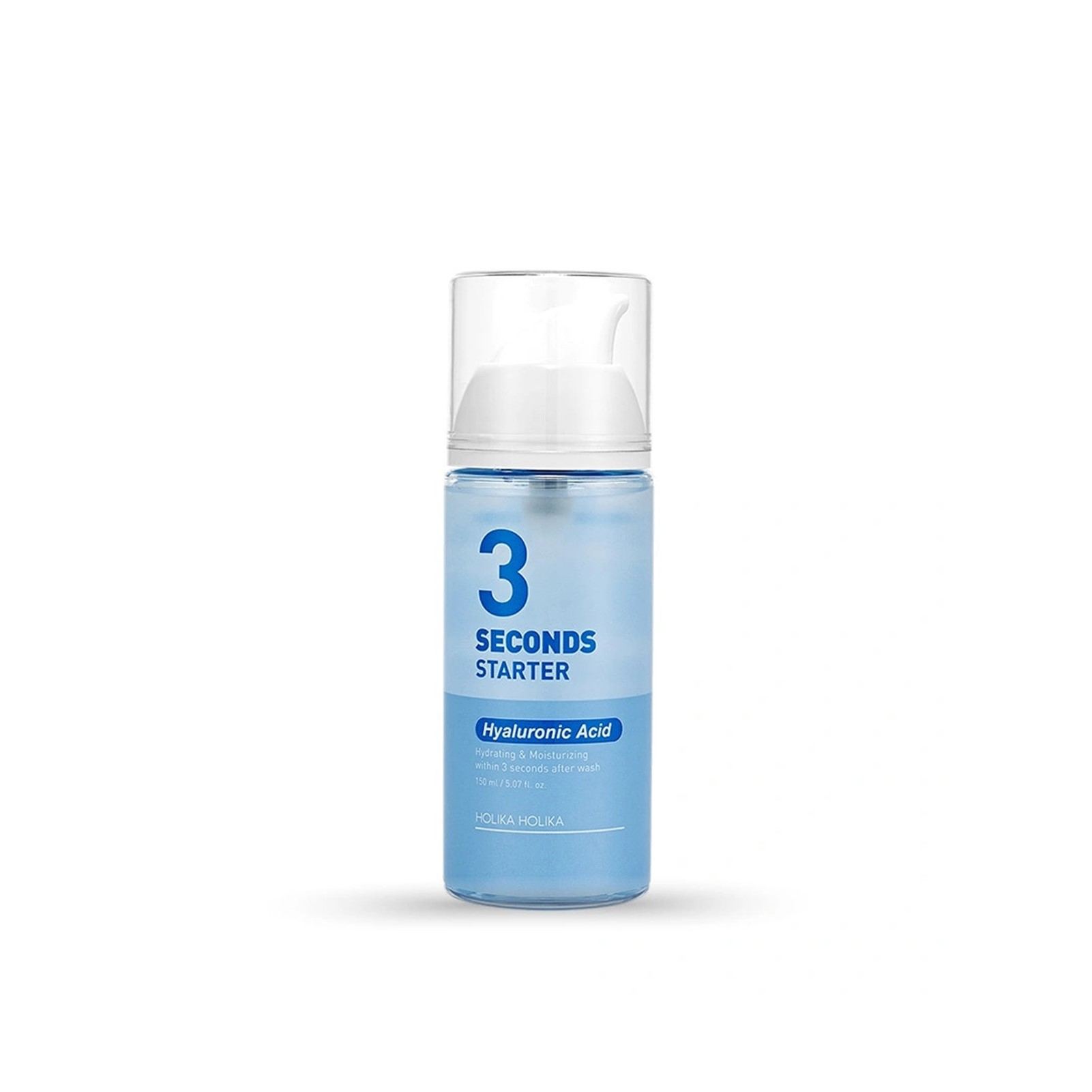
![Clarins Hydra-Essentiel [HA2 + Polyphenols] Bi-Phase Serum 30ml](https://static.beautytocare.com/media/catalog/product//c/l/clarins-hydra-essentiel-ha2-polyphenols-bi-phase-serum-30ml.jpg)
![SVR [Hyalu] Biotic Regenerating Plumping Gel 50ml](https://static.beautytocare.com/media/catalog/product//s/v/svr-hyalu-biotic-regenerating-plumping-gel-50ml_1.jpg)
